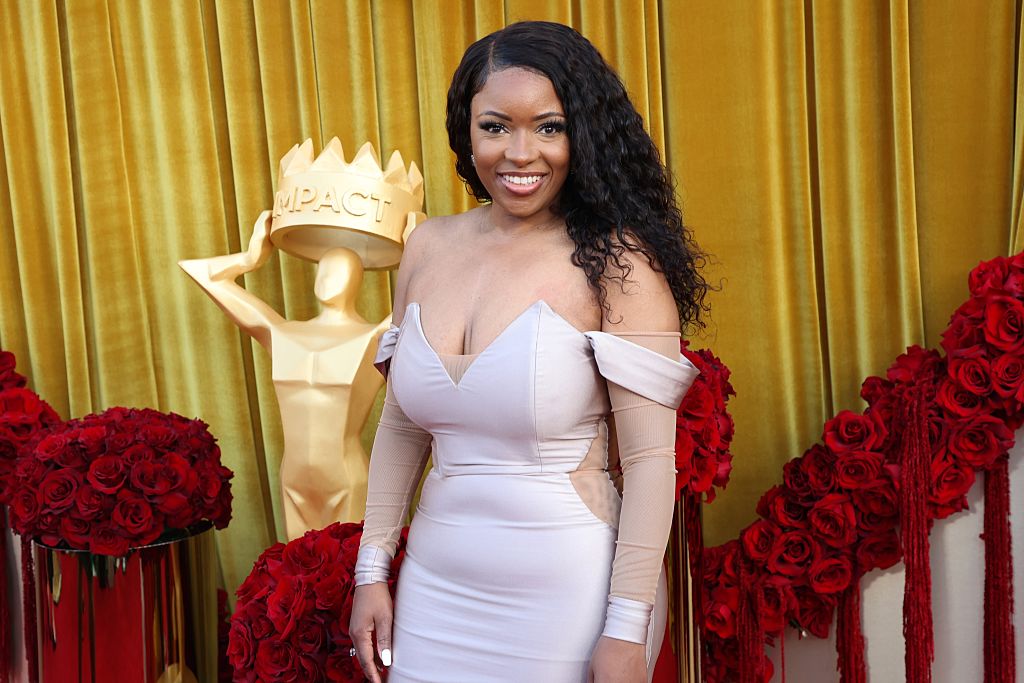OPINION: Do Black Job-Seekers Have To Hide Their Race?
Over at The Grio, the relatively new Black-oriented news and opinion site from MSNBC, there’s a career advice article this week entitled “Finding a Job While Having An ‘Ethnic’ Name.”
Before dispensing with the wisdom on just what to do in case your first name is Daquan or Teisha, or contains more than 2 apostrophes, writer Yasmeen Muqtasid offers some background on the situation for such job-seekers. The news isn’t good:
According to a study for the National Bureau of Economics, resumes and applications with names more commonly given to white Americans were 50 percent more likely to be contacted for job interviews than those applicants with names more associated with black Americans.
It has also been found that employers download resumes from applicants with “white names” – such as Molly and Daniel – 17 percent more often than those of applicants with “black names” like Maesha and Darius. Some speculate that it is not about race but that names are indicative of social background. Either way, assumptions are being made independent of a person’s capabilities.
So, Muqtasid says, rather than boo-hooing into our hot chocolate or instituting a race-wide policy to name all of our future babies Becky or Daniel Smythe Worthington, III, “it’s best to ask how we can overcome the lingering racial biases in the minds of too many hiring managers.” And how does she propose job-seekers do that?
First, if your name sounds too Black, pretend your name is something else. “For example,” Muqtasid explains, “if your name is ‘Daquan Justin Woods,’ go with ‘Justin Woods’ for now. You can always change it up once you get the job.”
Um, I see. Alright, what’s the next suggestion?
“Never put your address on your resume. […] It’s not uncommon for hiring managers to note where you live and to make assumptions of your race and status based on zip codes.”
And when the wily application system won’t let me leave out my shameful Harlem address? Muqtasid covers that too. “One of my white friends told me that they use their parents’ address, which is in a very affluent neighborhood.”
So I should find a family member or make a friend who lives at 72nd and Park, and use their address. Check.
The next helpful hint is basically that we should try not to “sound Black” on the phone. Leaving aside what sounding Black specifically entails – is it the related to the depth of our voices? Our particular vocabulary? The speech cadence? – Muqtasid explains, “it is a matter of communicating clearly and articulately so that people can not linguistically profile you.”
Now call me crazy, but none of this advice sounds like it will help you “overcome” anyone’s racial biases. In fact, it seems an awful lot like you’ll actually be surrendering to those very biases by denying essential aspects of yourself — your name, your home — to make ol’ racist hiring manager over here feel more comfortable.
This isn’t to say that Muqtasid’s advice is bad — it’s not. I have no doubt that following her suggestions will make it easier for people with more “ethnic” names to get their resumes looked at, get interviews, and eventually get hired. But then what?
Every time a Daquan Justin Brown pretends his first name is Justin to get the job, he sends the message that the existing racial biases in hiring are perfectly acceptable, and that the people being discriminated against are the ones who need to correct themselves. Things work out for Daquan in the short-run, sure. But when LaTeisha, Juan, and Krishna are out next month or next year searching for their own dream jobs, nothing will have changed.
This is absolutely not a call for any ethnically-named individual to fall on his or her sword, leave their name as-is on a resume, list their address as 2520 Malcolm X Boulevard, and show up to an interview in a dashiki. Times are hard and people should feel free to do what’s necessary to avoid the unemployment line.
But going forward, taking action to blunt the impact of racial biases in hiring should be added to the national agenda. We already have one measure in place that works toward that goal — affirmative action. (And given the National Bureau of Economics’ findings, it’s ludicrous that anyone could believe the time for this program has passed.) But affirmative action shouldn’t be the only anti-bias weapon in our arsenal.
On a national level, we should find out which companies have the most rampant racial bias in their hiring practices, and call them out. Beyond publicly shaming them however, we should insist that they work to really overcome the biases through programs like sensitivity training.
As for individuals, those with the luxury to do so should go ahead and use their real names and addresses, and then go and impress hiring managers with their awesomeness.
With everyone pitching in on a multi-level effort to combat racial bias in hiring, ideally articles like “Finding a Job While Having An ‘Ethnic’ Name” will no longer be necessary.
Because job-hunters with “ethnic” names — or addresses, or accents, or anything — shouldn’t have to play Undercover Black Agent forever.
RELATED STORIES:
Unemployment Rate Hits 26-Year High
College-Educated Blacks Hardest Hit By Unemployment















